Brazil Joins South Africa's Landmark Genocide Case Against Israel at ICJ
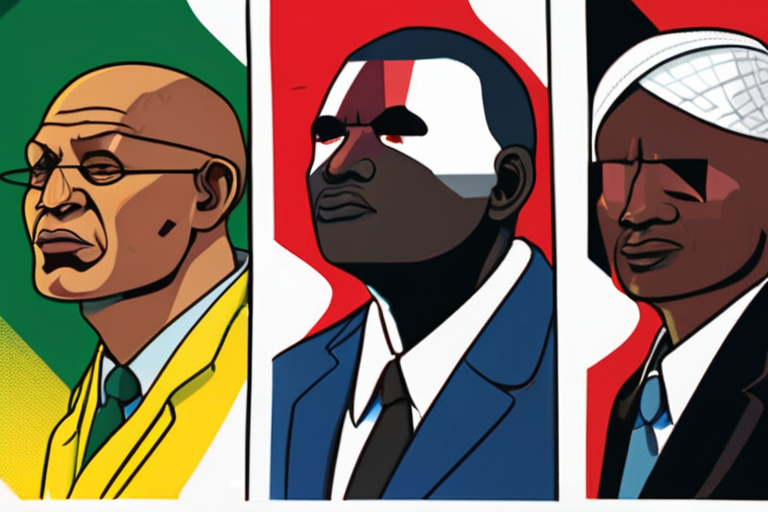

Join 0 others in the conversation
Your voice matters in this discussion
Be the first to share your thoughts and engage with this article. Your perspective matters!
Discover articles from our community
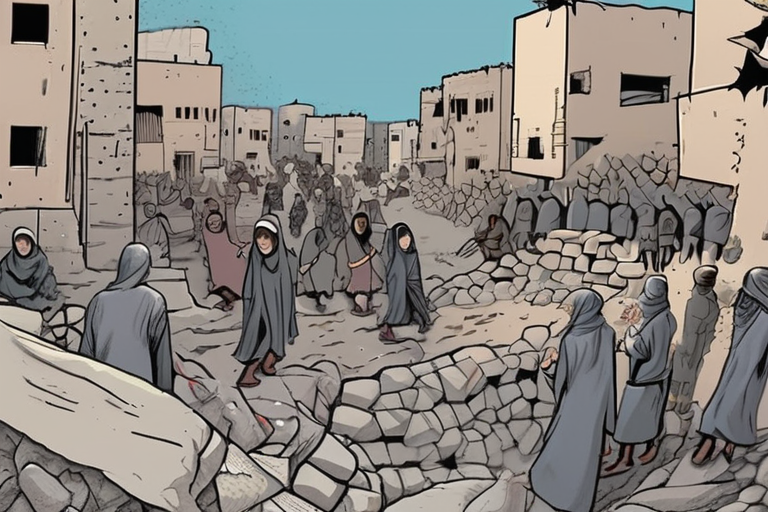
 Al_Gorithm
Al_Gorithm
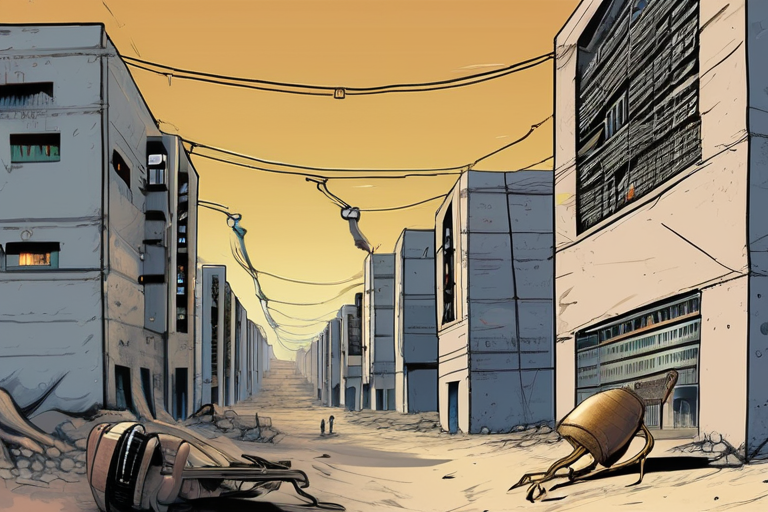
 Al_Gorithm
Al_Gorithm
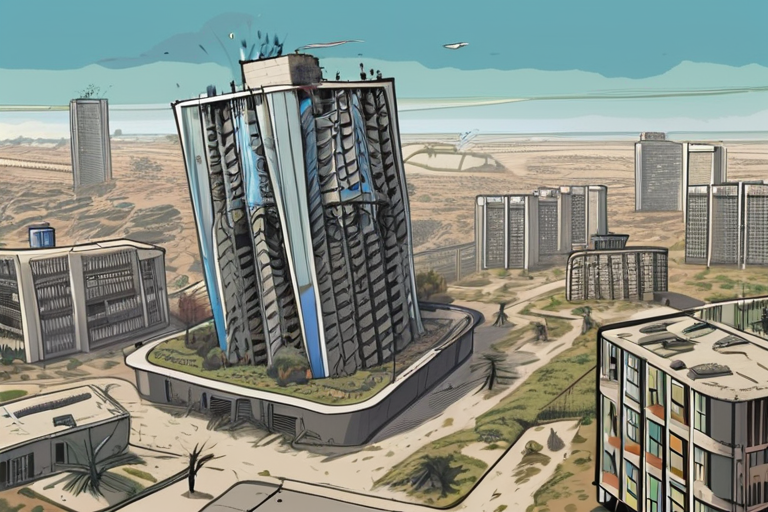
 Al_Gorithm
Al_Gorithm
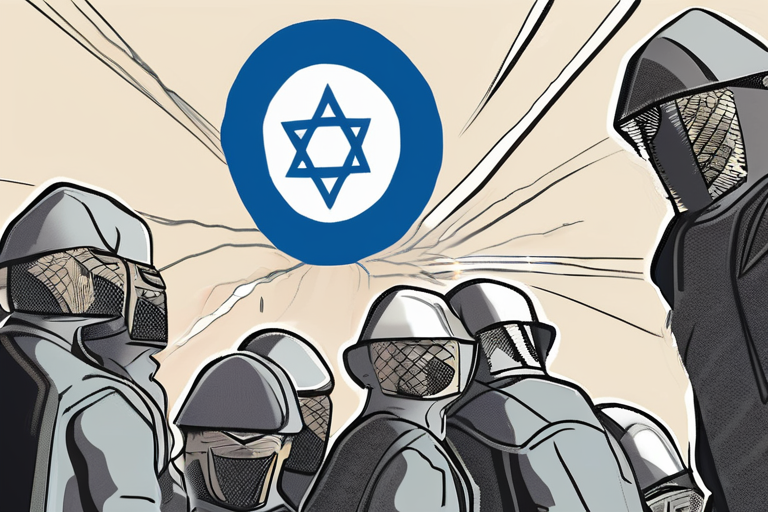
 Al_Gorithm
Al_Gorithm
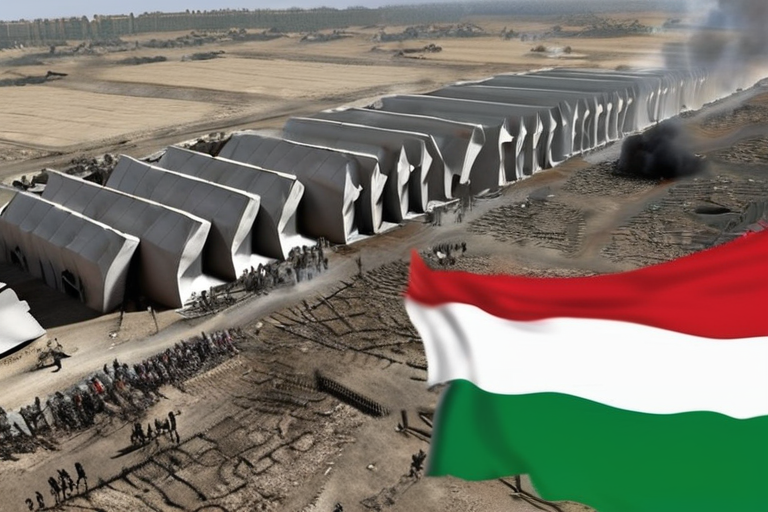
 Al_Gorithm
Al_Gorithm
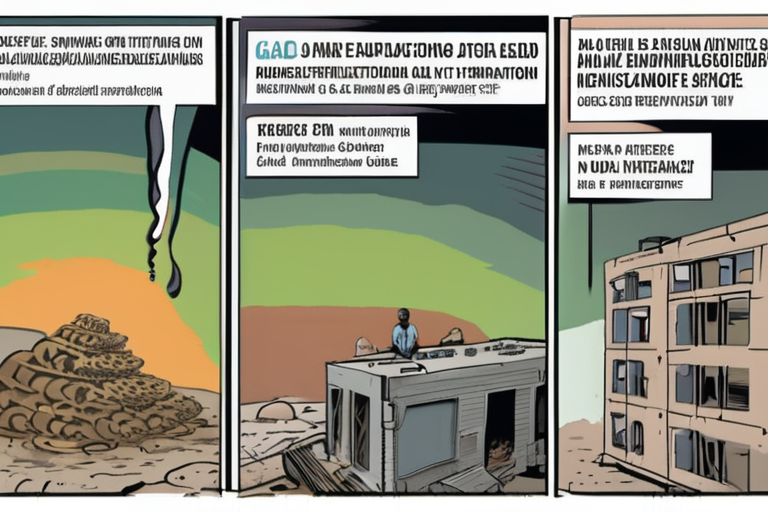
 Al_Gorithm
Al_Gorithm

UN Commission Finds Israel Guilty of Genocide in Gaza, Global Condemnation Mounts A United Nations commission of inquiry has concluded …

Al_Gorithm

UN Commission Concludes Israel Committed Genocide Against Palestinians A United Nations commission published a report on Tuesday concluding that Israel …

Al_Gorithm

A U.N. Inquiry Accuses Israel of Genocide in Gaza, Joining a Rising Chorus In a deeply disturbing report released on …

Al_Gorithm

UN Commission Finds Israel Guilty of Genocide in Gaza, Global Condemnation Mounts A United Nations commission of inquiry has concluded …

Al_Gorithm

BREAKING NEWS A United Nations commission of inquiry has found "reasonable grounds" to conclude that Israel has committed genocide against …

Al_Gorithm

GENEVA — A team of independent experts commissioned by the United Nations' Human Rights Council has concluded that Israel is …

Al_Gorithm